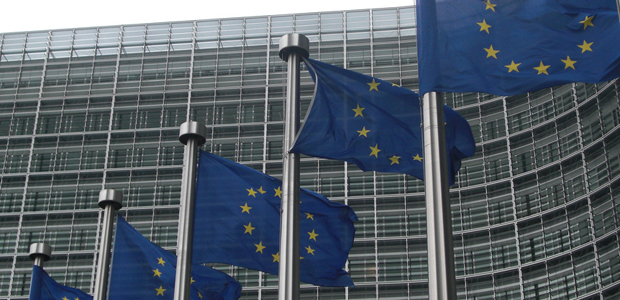Reposted from the blog of Transparency International’s EU liaison office in Brussels.
Corruption thrives in the dark, dank corners where no-one is looking, and banking is no exception. Who had heard of the LIBOR benchmark until the rate-rigging scandal erupted early last year? Now it is a byword for bad behaviour in banks.
This week, while all eyes are on the bloated and insolvent Cyprus banks, trouble is brewing in another obscure part of the financial sector: the $2.7 trillion market in Credit Default Swaps (CDS).
According to reports yesterday, the EU’s competition watchdogs are planning to publish an official complaint about the activities of sixteen global investment banks who between them dominate the market for CDS.
It will be the culmination of a two-year investigation into allegations that the banks colluded to keep other actors, notably stock exchanges, out of the lucrative market. All the usual suspects are there, including those who have previously appeared on this blog – Barclays, HSBC , UBS and Deutsche Bank.
Credit Default Swaps are essentially a means of insuring against the risk of a company or country defaulting on its debts. They achieved notoriety during the financial crisis as one of those “weapons of mass financial destruction” that brought down insurance giant AIG, and have been blamed by EU policy-makers for accentuating the Euro-crisis by encouraging speculation on sovereign defaults.
Regardless of their impact on financial stability, one thing is clear: they are a huge cash-cow for the investment banks that provide these services to businesses. The banks take a slice of each transaction in the multi-trillion market, transactions that are largely conducted over the phone and tailored to the circumstances of each client. The result is that the process of fixing prices and fees for CDS contracts is shrouded in obscurity.
By contrast, if CDS contracts were traded on stock exchanges like ordinary stocks and shares, there would be much more transparency about the pricing system. This goes to the heart of the EU authorities’ complaint. It alleges that banks have been preventing stock exchanges from getting involved in the market by denying them the essential raw information they need to be effective competitors.
If the allegations are proved, it will be another bitter blow to the integrity of the banking industry and confirm what many suspect: the current functioning of financial markets has been designed primarily with the interests of banks in mind, and only secondarily those of their clients or the rest of society.
This inversion of basic values needs to be addressed a programme of culture change from top to bottom, and it is precisely this that we will be addressing with our Financial Integrity Initiative in the coming months and years.
Read more on the latest EU attempts to regulate banking here.
Carousel image: Flickr / Creative commons: tiseb
















 Connect with us on Facebook
Connect with us on Facebook Follow us on Twitter
Follow us on Twitter